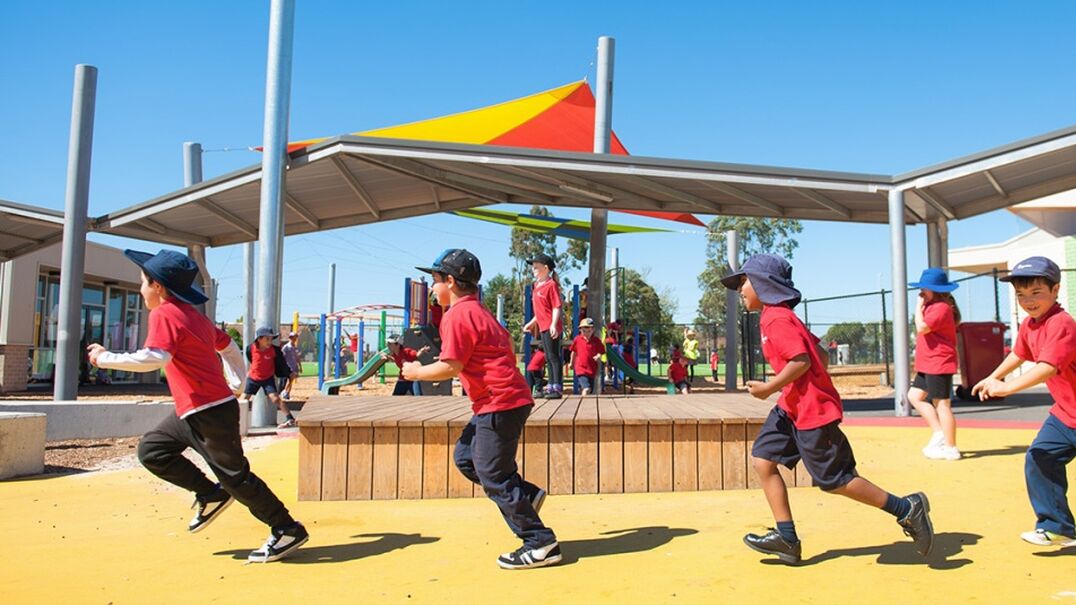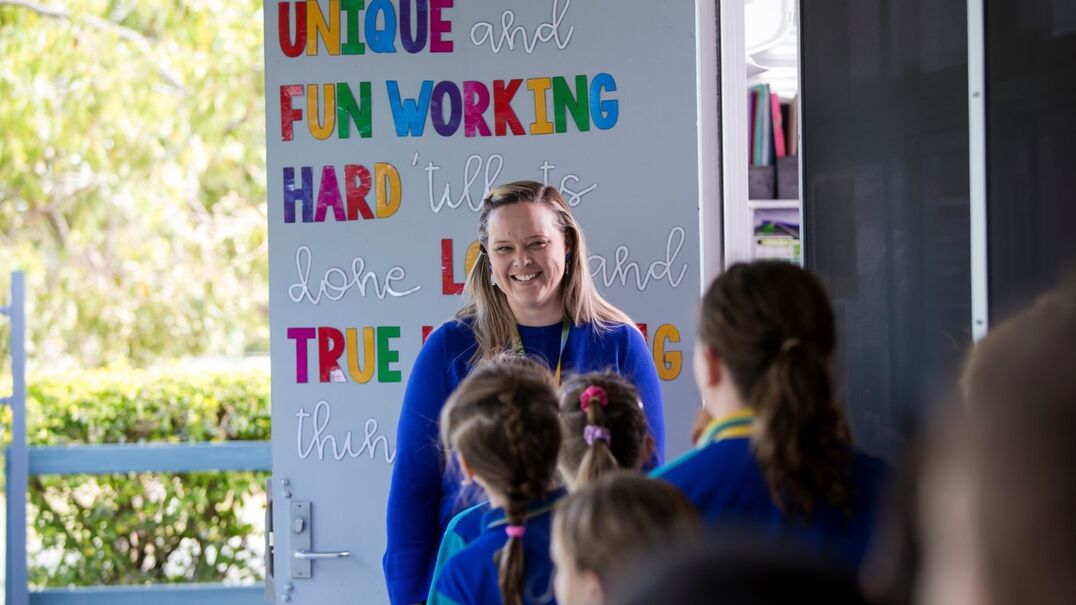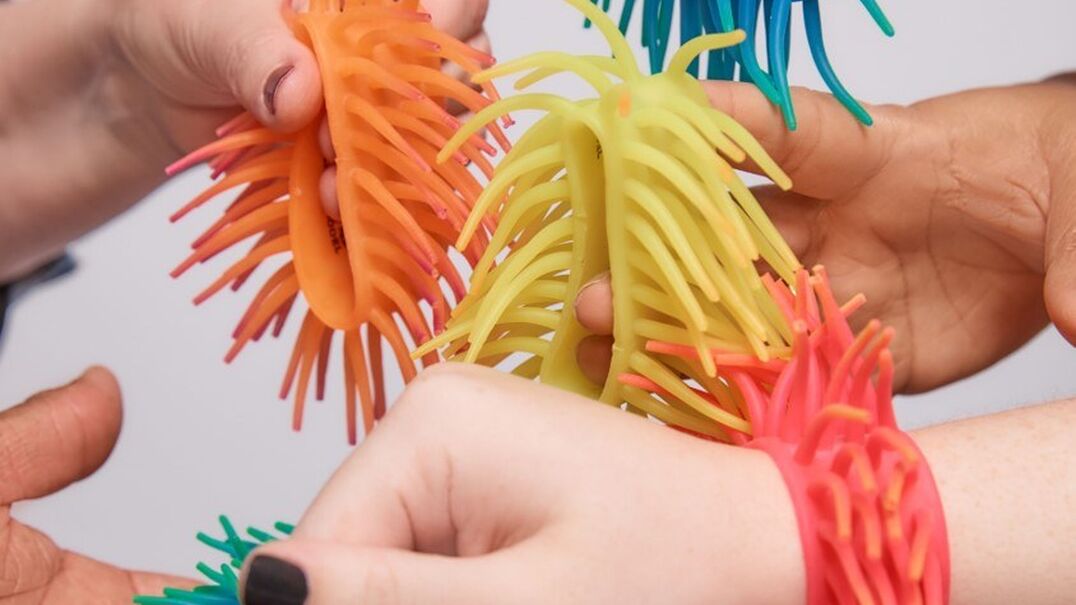Unconditional positive regard is feeling warm and positive towards others, independent of their actions or behaviours (Rogers, 1961). Unconditional positive regard is important for building trust between educators and students. It is particularly important for students who have experienced emotional, social, or behavioural difficulties (Testa, 2022). When students experience unconditional positive regard, they know educators genuinely value their presence and contribution to the classroom. Our latest poster Berry Street Education Model: Strategies for unconditional positive regard maps the student facing strategies from Domains 1 and 2: Body and Relationship, to the cycle of adverse behaviour to show how our strategies can support students in every moment.
BSEM is a proactive approach to empowering students to meet their needs for belonging, relational connection, and safety for learning. However, we know that escalated and unhelpful behaviours can still occur, and educators must be equipped with tools and strategies to proactively manage these speed bumps. At BSEM, we always consider moments of escalated behaviour with empathy and unconditional positive regard. We do not consider a child or young person is intentionally acting in dysregulated ways. Instead, we see students as having stress reactions or escalations that require consistent and compassionate co-regulatory support. At BSEM we want every student and adult within a school to feel safe, secure and valued. We want the student who arrives at school and enacts the most complex behaviour in the classroom to leave at the end of the day knowing they are valued and cared about. We also want that student to know we have a plan in place to support them towards positive change, and for them to see that plan as an expression of our care.
We know that when attuned educators are able to catch the micro-moment they can adapt their responses to best meet the needs of every student and ensure a safe and secure environment for all. As this poster shows, all strategies across the BSEM domains are useful for addressing the cycle of adverse behaviour. Co-regulation, for example, is used at all stages: it helps prevent escalations, supports students in moments of heightened emotions and behaviours, and nurtures relational repair once the moment has passed. Brain Breaks and Positive Primers meet students’ needs in proactive ways so that escalated feelings and behaviours are minimised. Rupture and repair strategies are applied after any incidences of adverse behaviour to help heal any relational disconnection and support students to once again be Ready to Learn.
We hope this poster is useful as a visual aid for understanding patterns of student escalation and dysregulation in the classroom and to help you identify ways to action unconditional positive regard at all times.
Read more
BSEM consultant Jack Greig explores the links between unconditional positive regard and teacher wellbeing in this piece Linking Unconditional Positive Regard and Teacher Wellbeing.



